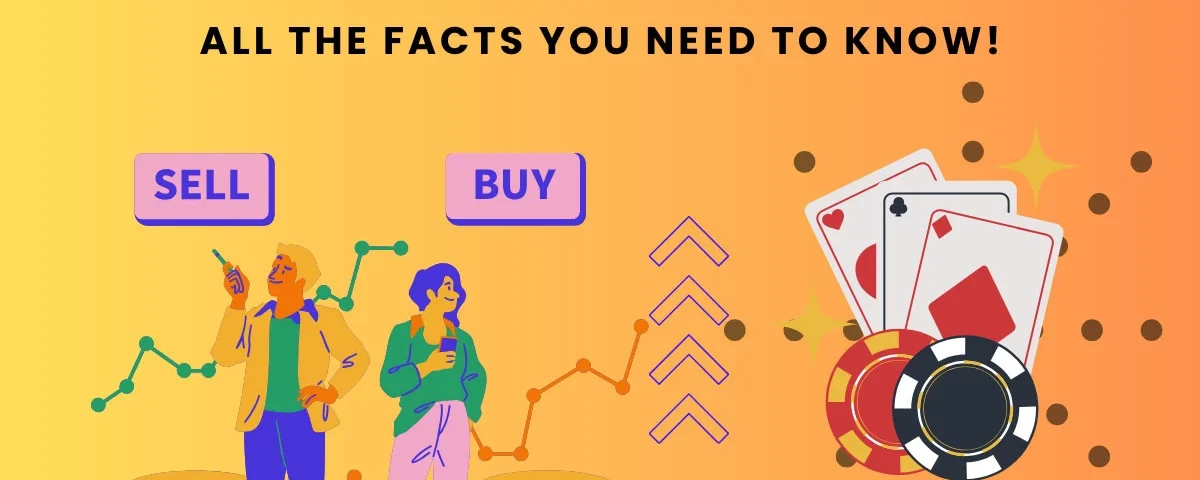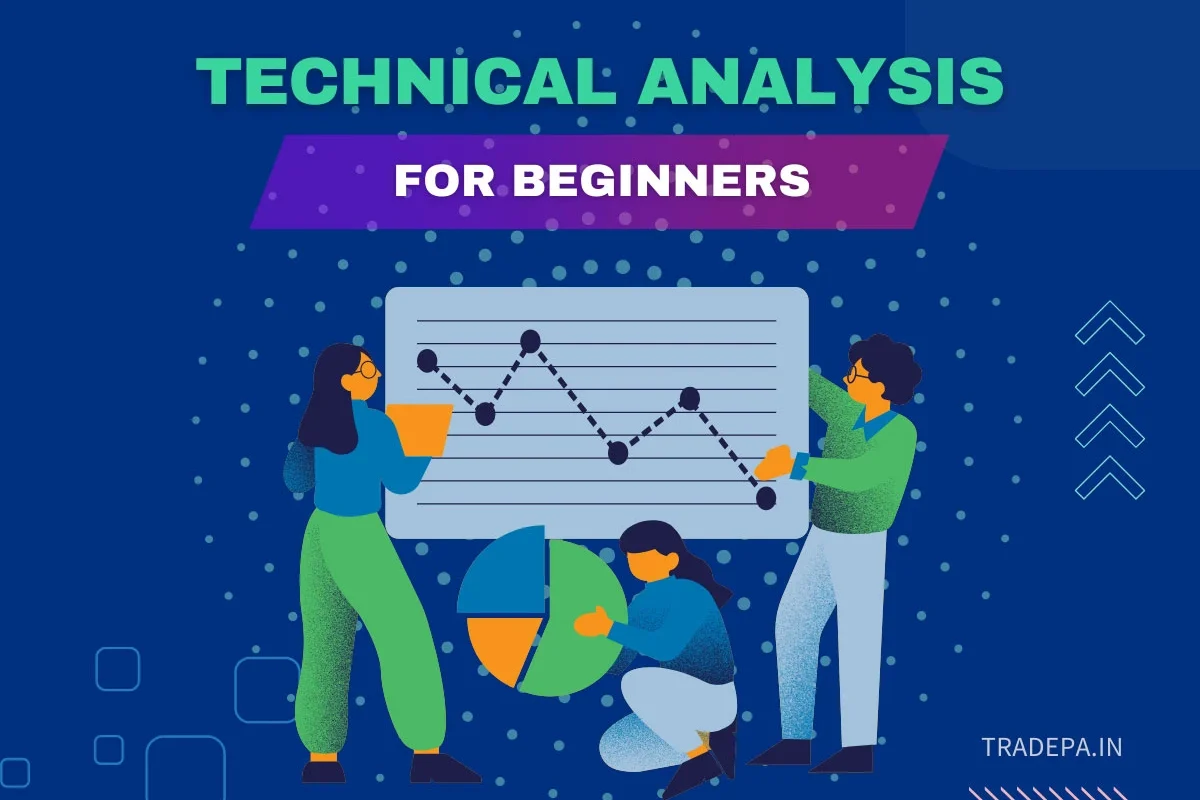
Decoding the Indian Stock Market: Insider Tips for Traders
June 12, 2024
Market Movers: What’s Driving the Indian Stock Market in 2024
October 27, 2024Understanding the Dynamics of Trading and Gambling
The question of whether trading constitutes gambling is a contentious topic that has sparked debates among investors, regulators, and scholars alike. While both activities involve financial risk-taking, they operate within distinct frameworks and serve different purposes. Trading, particularly in the context of India’s financial markets, is characterized by informed decision-making, strategic planning, and adherence to regulatory standards. In contrast, gambling typically relies on chance or luck, with outcomes determined by random events rather than analytical processes.
Defining Trading and Gambling in India
In India, trading refers to the buying and selling of financial instruments such as stocks, commodities, currencies, and derivatives on regulated exchanges or over-the-counter markets. Trading activities are governed by regulatory bodies such as the Securities and Exchange Board of India (SEBI), which oversees market integrity, investor protection, and fair conduct in the securities market.
On the other hand, gambling encompasses various forms of wagering or betting, including casino games, sports betting, lotteries, and online gaming, where participants risk money on uncertain outcomes with the hope of winning additional funds or prizes. While certain forms of gambling are legal and regulated in India, others are subject to restrictions or outright bans to address concerns related to problem gambling and societal harm.
Key Differences Between Trading and Gambling
Despite superficial similarities, there are fundamental distinctions between trading and gambling:
1. Basis of Decision-Making:
- Trading decisions are typically based on analysis, research, and market insights. Traders employ various strategies, such as technical analysis and fundamental analysis, to identify investment opportunities and manage risk effectively.
- Gambling outcomes are primarily determined by chance or luck, with little to no reliance on analytical processes. Gamblers often make decisions impulsively or based on intuition rather than reasoned analysis.
2. Long-Term vs. Short-Term Perspective:
- Trading is generally conducted with a long-term perspective, aiming to generate consistent returns over time by capitalizing on market trends and economic fundamentals.
- Gambling tends to have a short-term focus, with participants seeking immediate gratification or adrenaline rushes from quick wins. This can lead to compulsive behavior and irrational decision-making.
3. Risk Management and Control:
- Traders employ risk management techniques, such as diversification, stop-loss orders, and position sizing, to mitigate potential losses and preserve capital.
- Gambling often lacks formal risk management strategies, leading to the potential for significant financial losses and adverse psychological effects, particularly among problem gamblers.
Perception vs. Reality
Despite the clear distinctions between trading and gambling, there persists a misconception among some individuals that trading is akin to gambling. This misconception may stem from a lack of understanding of the financial markets or from sensationalized portrayals of traders in popular media.
Statistical Insights
According to data from the National Stock Exchange (NSE) and the Bombay Stock Exchange (BSE), the Indian stock market has witnessed significant growth in recent years, with market capitalization crossing the $3 trillion mark in 2023. This reflects the growing confidence of investors in India’s economic prospects and the role of trading as a means of wealth creation and capital formation.
In contrast, data from the All India Gaming Federation (AIGF) indicates that the online gaming industry in India is experiencing rapid growth, with revenues expected to reach billions of dollars in the coming years. While certain forms of online gaming, such as fantasy sports and skill-based games, are gaining popularity, concerns have been raised about the potential risks associated with problem gambling and underage participation.
Conclusion
In conclusion, while trading and gambling both involve financial risk-taking, they serve different purposes and operate within distinct frameworks. Trading, particularly in regulated financial markets like India, is characterized by informed decision-making, strategic planning, and adherence to regulatory standards. In contrast, gambling often relies on chance or luck, with outcomes determined by random events rather than analytical processes.
By understanding these differences, investors and the general public can make informed decisions about their financial activities and avoid misconceptions about the nature of trading. While both trading and gambling carry risks, responsible investing in the financial markets can provide opportunities for wealth creation and long-term financial security.





7 Comments
I’m curious to find out what blog system you happen to be working with? I’m experiencing some minor security issues with my latest website and I would like to find something more safeguarded. Do you have any solutions?
Yes I am also a developer
When I initially commented I clicked the -Notify me when new comments are added- checkbox and now each time a remark is added I get 4 emails with the identical comment. Is there any way you may take away me from that service? Thanks!
Does your site have a contact page? I’m having problems locating it but, I’d like to send you an e-mail. I’ve got some ideas for your blog you might be interested in hearing. Either way, great website and I look forward to seeing it grow over time.
I抳e been exploring for a little bit for any high-quality articles or weblog posts in this kind of area . Exploring in Yahoo I ultimately stumbled upon this web site. Reading this info So i抦 satisfied to express that I have an incredibly excellent uncanny feeling I discovered exactly what I needed. I so much surely will make certain to don抰 omit this site and give it a glance regularly.
I would like to thnkx for the efforts you’ve put in writing this blog. I am hoping the same high-grade web site post from you in the upcoming also. In fact your creative writing abilities has inspired me to get my own web site now. Really the blogging is spreading its wings rapidly. Your write up is a great example of it.
This is very interesting, You are a very skilled blogger. I have joined your rss feed and look forward to seeking more of your excellent post. Also, I’ve shared your website in my social networks!